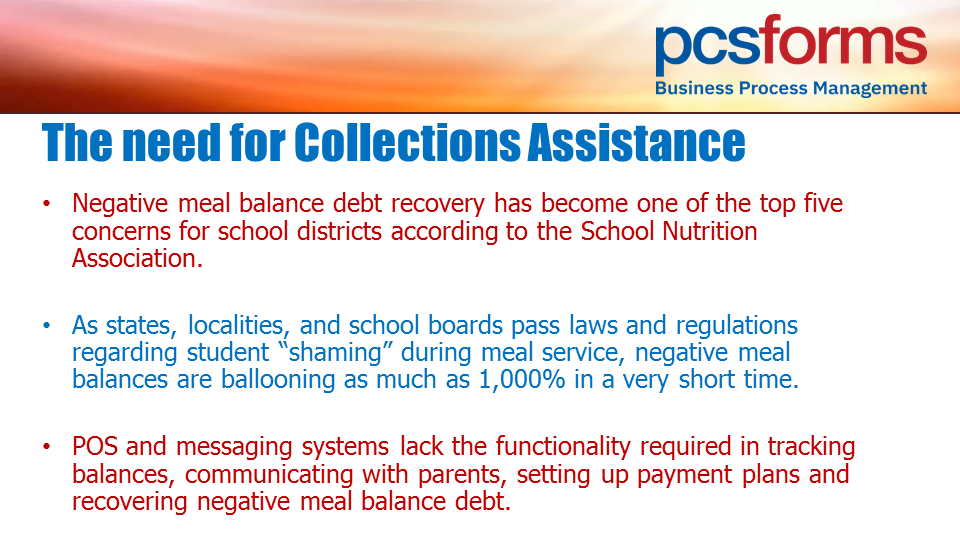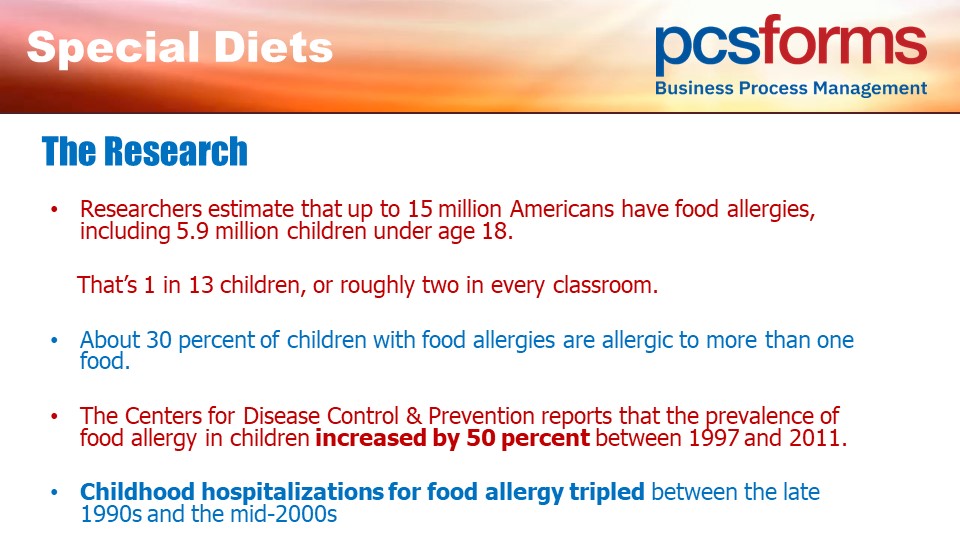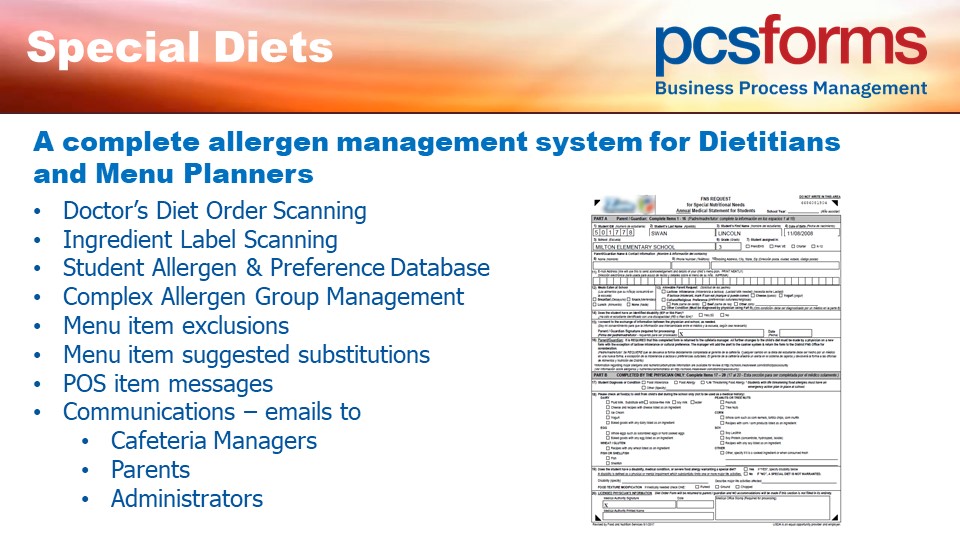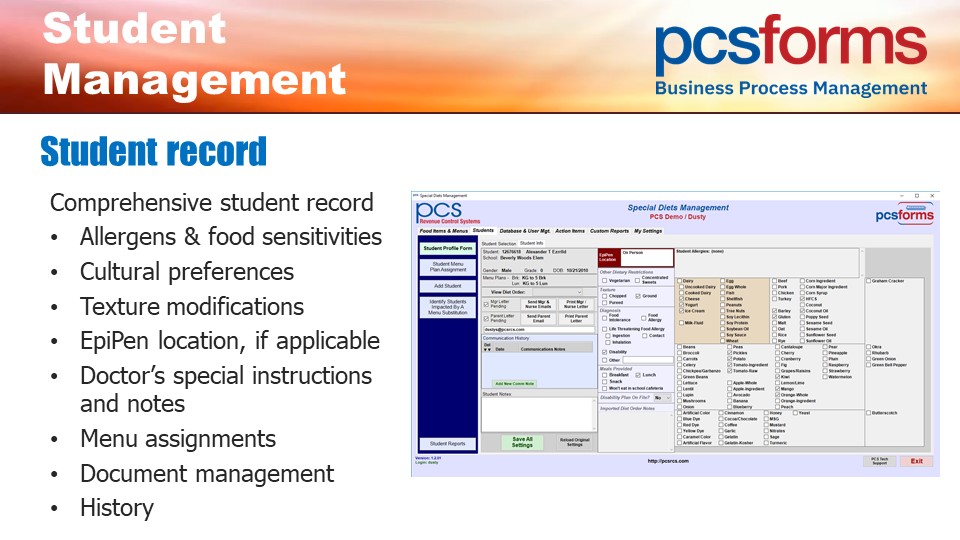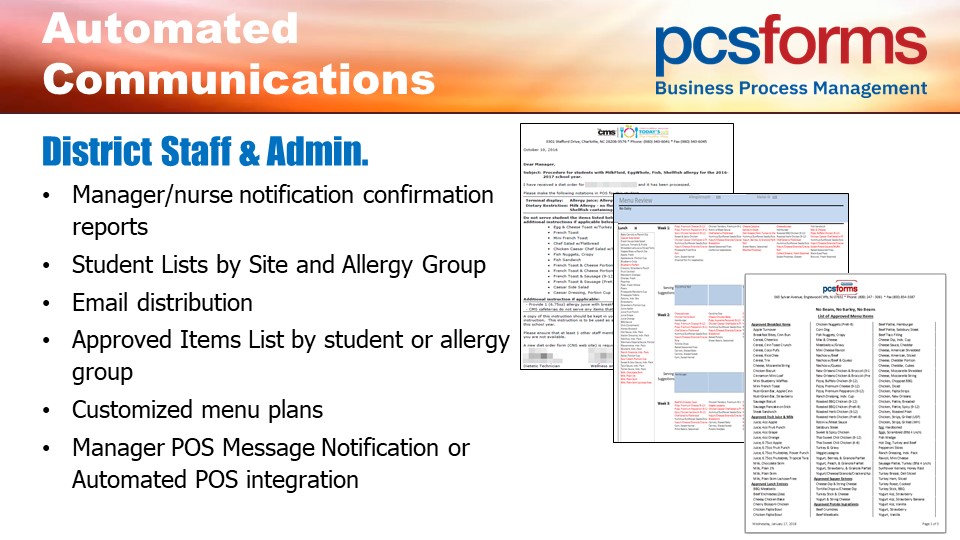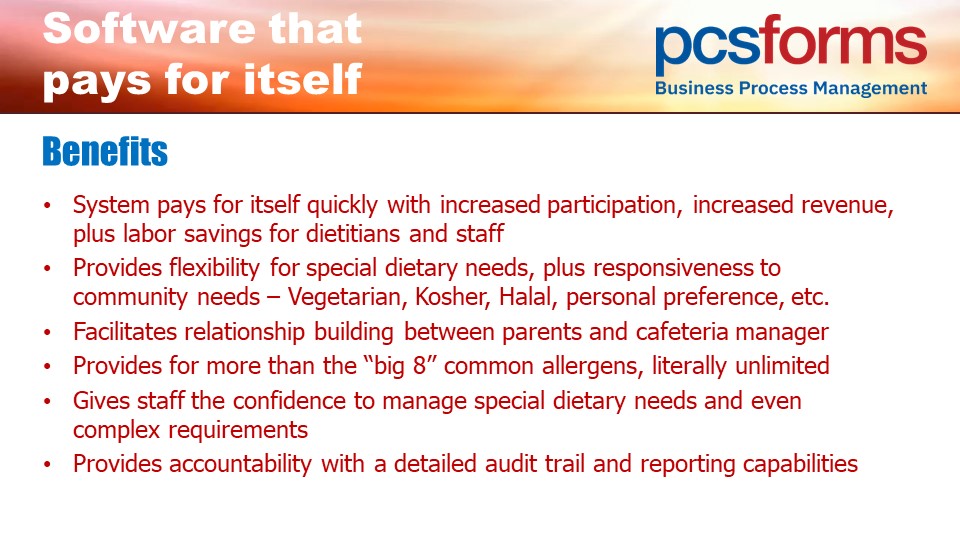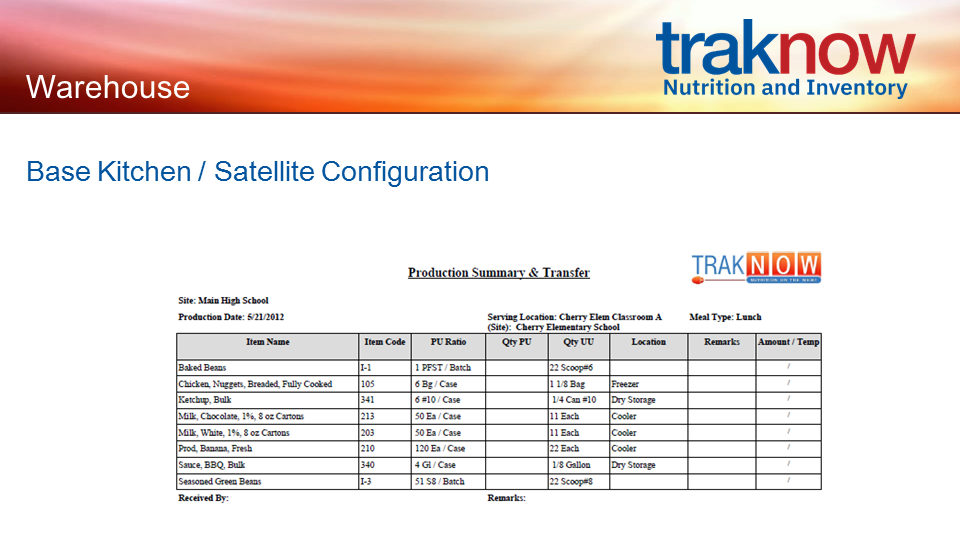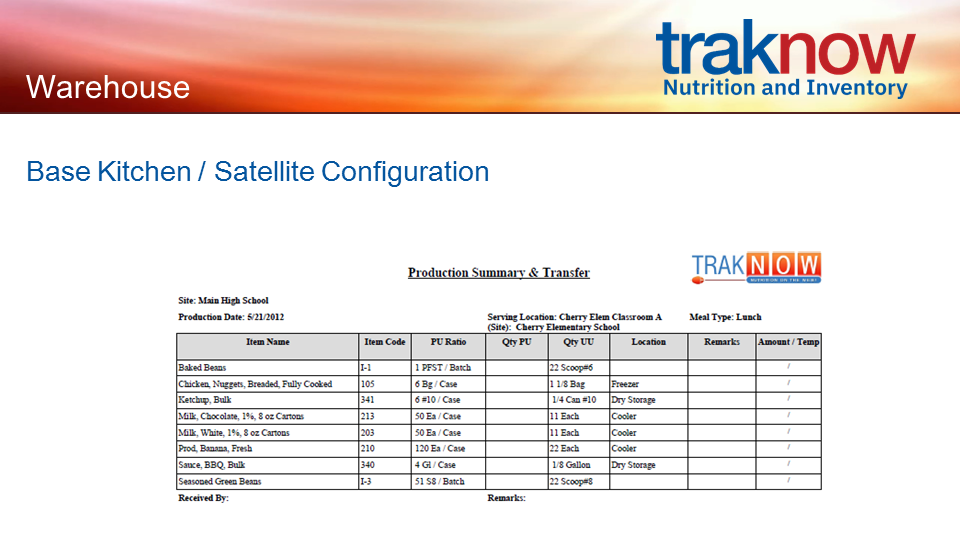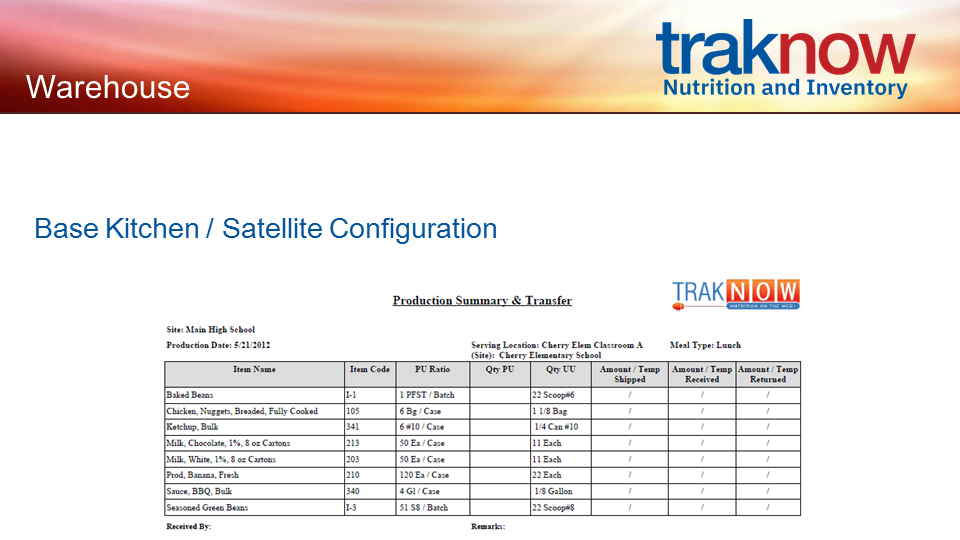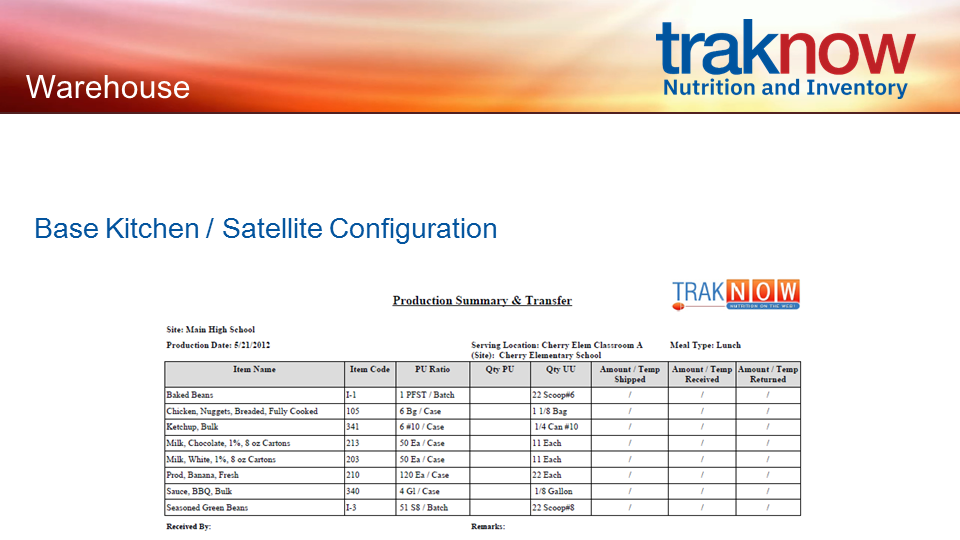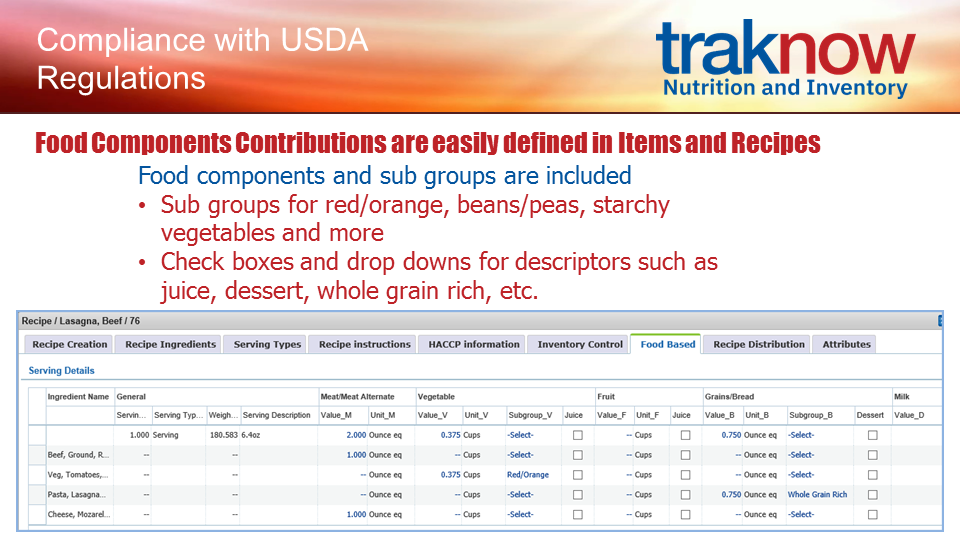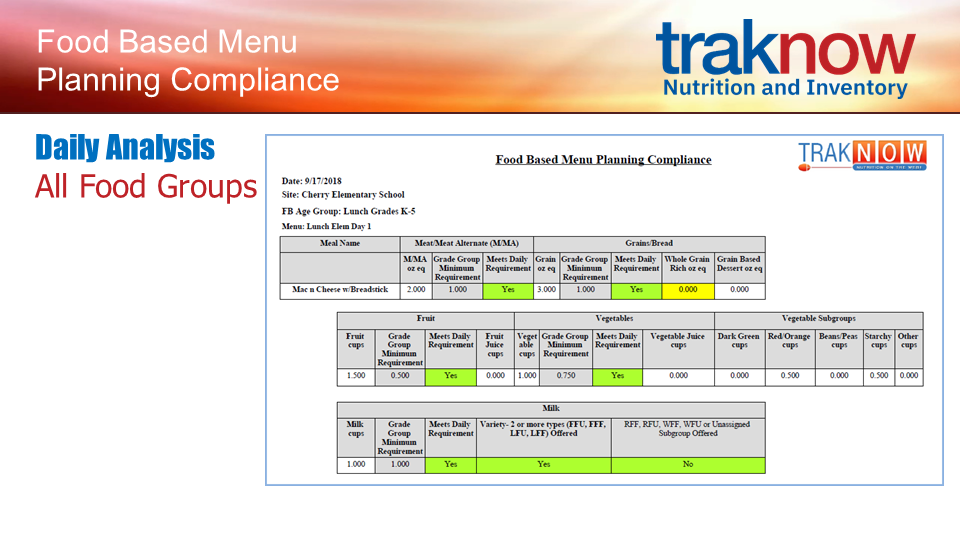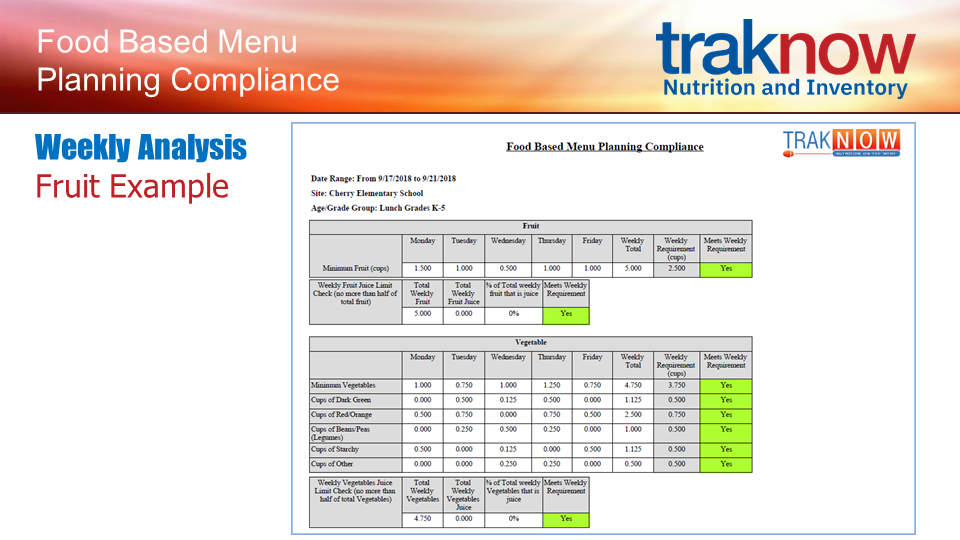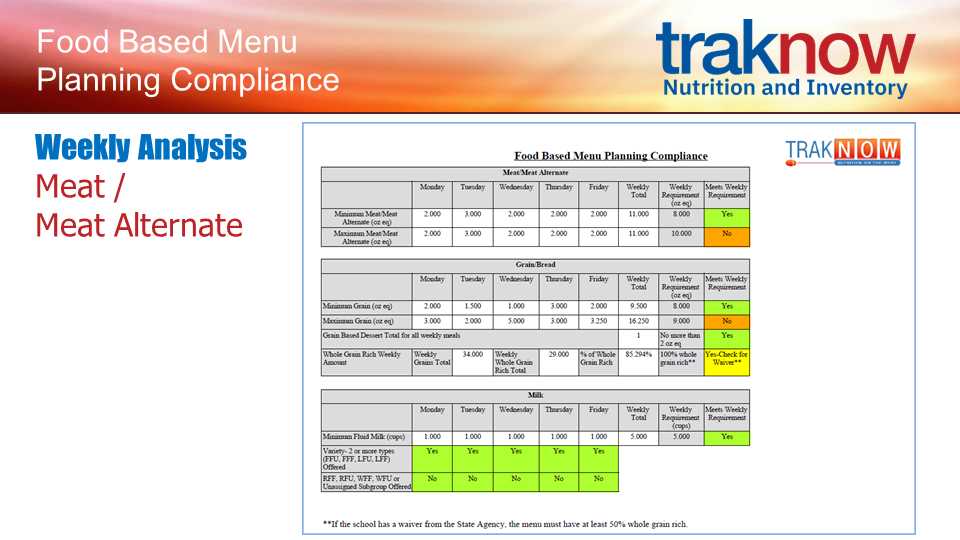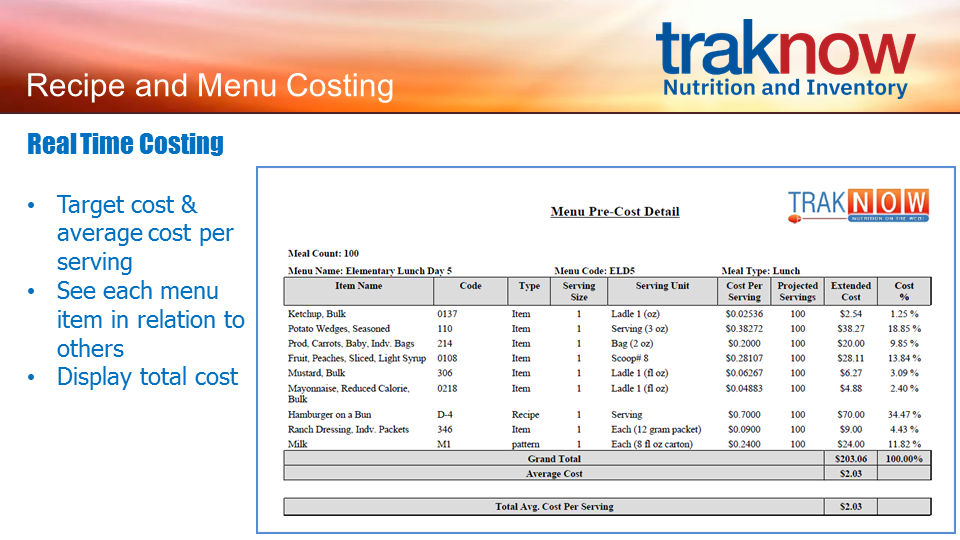Blog

Jan
Preteens and teens who attend middle schools with nutrition policies and healthy-eating programs experience less of an increase in body mass index (BMI) compared to students who attend schools without such programs, according to a new study led by the Yale School of Public Health.
The findings are published in the American Journal of Preventive Medicine.
More than one in five American teenagers are currently obese, and around half of teens are overweight. Being overweight or obese early in life affects health across the lifespan, contributing to a range of chronic diseases such as depression, hypertension and diabetes that reduce productivity and shorten life expectancy.
The five-year trial followed nearly 600 students from 12 schools in New Haven, Connecticut. It is one of the first school-based policy intervention studies that followed students through middle school.
“These findings can guide future school and community interventions. Childhood obesity is a serious health threat, and schools are a vital way to reach children and their families to reduce risks and promote health,” said lead author Dr. Jeannette Ickovics, the Samuel and Liselotte Herman Professor of Social and Behavioral Sciences at the Yale School of Public Health.
“These findings strongly support previous administration policies that provided healthier food for all children in public schools.” These policies were recently rolled back by the U.S. Department of Agriculture under President Donald Trump.
The findings show that students had healthier body mass index trajectories (a measure of obesity) over time when they attended schools with enhanced nutrition policies and programs.
Overall, these students had an increase in BMI percentile of less than 1 percent, compared with students in non-supported schools who demonstrated increases of 3 to 4 percent. By the end of the study, the nutritionally supported students also reported healthier behaviors than their peers in schools without the nutrition policies and programs.
The researchers analyzed both behavioral and biological indicators. The results are among the most compelling to date, researchers said, perhaps because of the strong community-university partnership, and the recognition that health and academic achievement often go hand-in-hand.
“This is some of the strongest evidence we have to date that nutrition education and promoting healthy eating behaviors in the classroom and cafeteria can have a meaningful impact on children’s health,” said senior study author Dr. Marlene Schwartz, director of the Rudd Center for Food Policy and Obesity at the University of Connecticut.
“These findings can inform how we approach federal wellness policy requirements and implementation in schools to help mitigate childhood obesity.”
The nutritional interventions included ensuring that all school-based meals met federal nutritional criteria; providing nutritional newsletters for students and their families; school-wide campaigns to limit sugary drinks and encourage the use of water; and limiting the use of food or beverages as rewards for academic performance or good behavior.
The trial also looked at whether a series of policies to promote physical activity would affect adolescent BMI. They determined that the physical activity policies alone had little or no impact on BMI.
Source: Yale University
Tags: Increase, School Nutrition Programs, Weight, Yale
 Contact
Contact 
